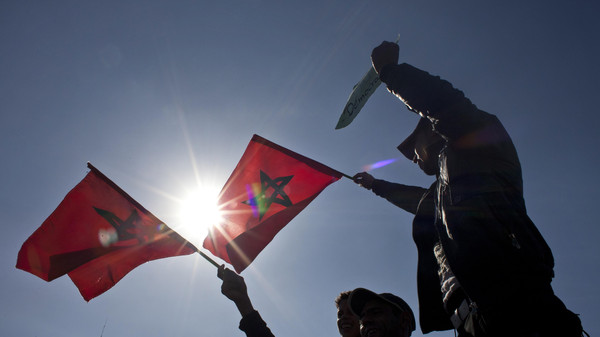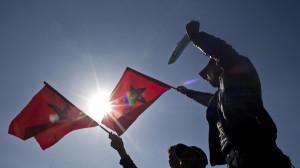Gulf News
Reuters
Group says goal was not to accuse, but open global debate on privacy.
The Moroccan Interior Ministry has filed a lawsuit against a group behind a report that allegedly accuses the intelligence services of spying on rights activists and journalists, according to the state news agency MAP.
International rights groups condemn curbs on freedom of speech and information in Morocco, where journalists and activists are regularly prosecuted under laws that criminalise defamation of the state or king.
MAP did not identify the group in question, nor did it give details of the lawsuit, but the action follows the publication last week of a 40-page report on government surveillance in Morocco, compiled by the UK-based Privacy International.
“The interior ministry has filed a lawsuit against some people who prepared and distributed a report which includes serious accusations of spying by its services,” MAP reported late on Friday, quoting a source in the interior ministry.
“The ministry has asked for an investigation to identify people behind such accusations to try them by the competent court.” The report gathered testimonies of Moroccan activists and journalists on suspected government surveillance, including digital methods. It also contains alleged evidence of the government’s heavy investment in mass monitoring of the internet and mobile telecommunications.
Privacy International has a local partner, Moroccan Digital Rights Association (ADN), which was formed last year by Moroccan activists but has not been recognised by the government.
“We suppose they are talking about us,” ADN President Hesham Al Miraat said.
“Our goal was not to accuse anyone, but to open that global debate on privacy which concerns internet users across the world in Morocco.” The interior ministry could not be reached for further details.
King Mohammad VI managed to end Arab Spring-inspired protests in 2011 by combining constitutional reforms and harsh policing with an increase in public spending.
Rights groups have said major reforms promised in 2011 have not materialised. In its World Report 2014, Human Rights Watch said that Morocco’s “laws that criminalise acts deemed harmful to the king, the monarchy, Islam … limited the rights to peaceful expression, assembly, and association”.








